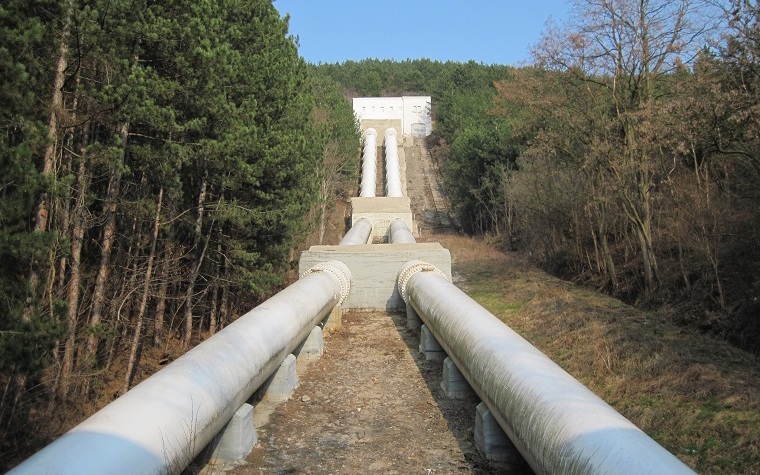The Trump administration may be bad for the policy agenda of environmental activism groups but good for those groups' fundraising, as some of them have signaled their intention to ramp up protests to a number of the administration's energy policy proposals.
"I think we would say there is no question (they will ramp up protests), but it was happening even before Trump won the election," said Dan Byers, the vice president for policy at the U.S. Chamber of Commerce's Institute for 21st Century Energy.
Byers told TI News Daily they would use the "Keystone model because it was very effective, a symbolic litmus test," referring to the years-long protests of the proposed Keystone XL Pipeline.
That pipeline, proposed to carry oil from Alberta in Canada to Texas Gulf Coast refineries, was successfully stalled for years under the Obama administration. Just days after taking office, however, President Donald Trump signed an executive order to advance the pipeline, and the U.S. Department of State issued a permit for the project last month.
That permit is now subject to a lawsuit filed by environmental groups March 30.
Friends of the Earth, Natural Resources Defense Council, the Sierra Club and others are challenging the permit, claiming the decision to grant it was based on incomplete and outdated information.
"Since Trump was elected, yes, (environmental groups) do have less leverage in Washington, but they have been able to fundraise off of Trump," Byers said. "I think they will intensify litigation. The keep-it-in-the-ground movement is a serious threat."
Retired U.S. Army Capt. James McCormick, program director for Vets4Energy, told TI News Daily that the "well-funded and organized few who oppose America’s energy security have a military-like strategy to fight against our country’s energy security, and our development of safe, clean energy."
He added, “They do not seem to realize the real collateral damage their protests leave behind."
Vets4Energy is a national coalition of U.S. military veterans who advocate for policies that increase America's energy independence.
While the highly decorated veteran said he is proud to have fought for and defended the right to free speech, he added that "often these anti-energy protests turn terroristic."
"When protestors intentionally break laws, cause damage property, threaten and bully opponents and cost localities millions of dollars supplying police protection and emergency services, it is no longer the free speech I fought to protect," McCormick said. "It is domestic terrorism.”
McCormick also decried what he said were protests against the development of clean energy by infrastructure companies. He said these companies are among the leading investors in clean energy.
"We cannot let our fantasies for the future deter our protection of the present," he said. "It will take time to work towards a complete renewable-energy future. We should not jeopardize progress towards that goal by removing the steps needed to get there.”




 Alerts Sign-up
Alerts Sign-up